In announcing another interest rate hike last week, Federal Reserve Chair Jerome Powell said access to credit is expected to tighten due to ongoing concerns in the banking industry, including the failures in multiple banks.
Even before the latest hike of 25 basis points, it appears credit began tightening.
According to Cox Automotive’s preliminary data on auto credit access from the first half of March released in Monday’s Auto Market Weekly Summary, there was “the widening of yield spreads and shortening of terms.”
This reversed the trend found in Cox Automotive’s Dealertrack Auto Credit Total Loan Index from February. Credit had loosened in February from the previous month, with approval rates up 0.2 percentage points.
Auto loan performance continues to decline, with delinquencies rising for 10 straight month. Cox reported that 60-day delinquencies are up 21.9 percent from a year ago.
“In February, 1.90 percent of auto loans were severely delinquent, an increase from 1.89 percent in January and the highest severe delinquency rate dating back to 2006,” said the Cox Automotive Auto Market Weekly Summary. “Compared to a year ago, the severe delinquency rate was 32 basis points higher. In February, 7.34 percent of subprime loans were severely delinquent, an increase from 7.30 percent in January and the highest severe delinquency rate dating back to 2006. The subprime severe delinquency rate was 135 basis points higher from a year ago. Higher delinquencies are still not leading to pre-pandemic levels of defaults, but defaults are increasing. Loan defaults increased 2.2 percent in February from January and were up 16.2 percent from a year ago.”
With the latest federal rate hike, the new target range is 4.75 to 5 percent. It was the ninth rate increase in the past year and second straight hike of a one-quarter of a point. Previous hikes ranged from three-quarters to half a point.
The impact of the rate hikes have already been felt in the automotive industry. According to Experian’s State of Automotive Finance Market Fourth Quarter report released earlier this month, used car interest rates increased from an average of 8.22 percent at the end of 2021 to 10.26 at the close of 2022. The average monthly payment topped $526, up $11 from the third quarter, even though the amount financed was down $766 to $27,768.
Consumers have also stretched out terms to make vehicles more affordable. The average term increased to 68.01 months, up from 67.35 at the end of 2021. It’s more than two months longer than the average term at the end of 2020.
Used car prices remain much more affordable than new vehicles. The average new car payment rose to $716, with $41,445 financed. The average new car rate is at 6.07 percent with the average term at 69.44 months.




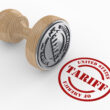


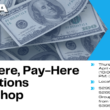
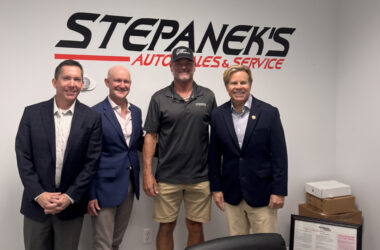
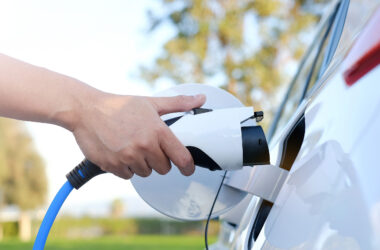
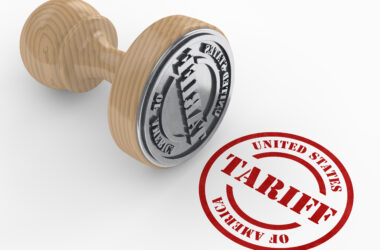
1 comment
Comments are closed.